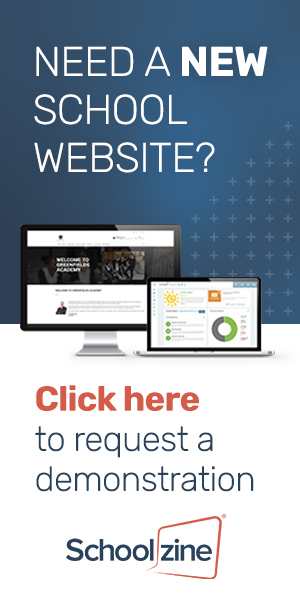The Power of a Digital Calendar: Enhancing Primary School Communication
- 26th June 2023
- Hannah Osborne
- Return to Insights

A digital calendar is a must-have component of a school’s communication strategy. Read our article to discover what features it should include.
In today's fast-paced world, effective communication is key to building strong relationships between schools and parents. A digital calendar is an invaluable tool that empowers primary schools to streamline communication, keep parents informed, and create a cohesive school community. In this article, we will explore why a digital calendar is an important feature for a primary or a secondary school and highlight the functionality that our calendar provides.
1. Colour-Coding or ‘tagging’ categories
A digital calendar should offer the ability to colour code different types of occurrences in the school. This feature allows schools to categorise events based on their nature, such as academic, extracurricular, holidays, or parent-teacher meetings. Colour-coded events make it easy for parents to quickly identify and prioritise events that are relevant to them. Schoolzine's calendar provides this functionality, ensuring a visually appealing and organised experience for both parents and staff alike.
2. Multi-platform integration
To maximise the reach and accessibility of school events, a digital calendar should seamlessly integrate with various platforms such as the school website, newsletters, and mobile app notifications. Schoolzine's calendar excels in this regard, enabling schools to publish events across multiple platforms simultaneously. This integration ensures that parents receive event updates through their preferred communication channels, resulting in increased engagement and participation.
3. Customisable Consent Forms
A comprehensive digital calendar for schools should also be able to include customisable consent forms. For example, when seeking parental consent for a school trip, the calendar can seamlessly incorporate consent forms directly within the event details. This feature simplifies the administrative process for schools, as parents can provide consent conveniently and securely within the calendar interface. Our calendar offers this customisation, ensuring a seamless and streamlined consent management process.
4. User-Friendly Interface
An ideal digital calendar should be user-friendly, allowing staff members with the appropriate permissions to easily add and manage events. Our calendar prioritises ease of use, making it accessible to all staff members, regardless of their technical expertise. With an intuitive interface, events can be added, edited, and updated efficiently, ensuring accurate and up-to-date information for parents.
5. Multi-Device Responsiveness
In our increasingly mobile-centric world, it is essential that a digital calendar is multi-device responsive and visually appealing on any screen size. It should adapt seamlessly to different devices, including desktops, tablets, and smartphones. This responsiveness enables parents to access the calendar on their preferred devices, ensuring they can stay informed about important school events wherever they are.
A digital calendar is an indispensable tool for primary schools, empowering effective communication, fostering a strong school-parent partnership and ultimately improving parent engagement.
By harnessing the power of this robust calendar, primary schools can keep parents well-informed and create a cohesive learning community. Check out our range of parent engagement tools here, and if you’d like to chat about using Schoolzine in your school, get in touch.



